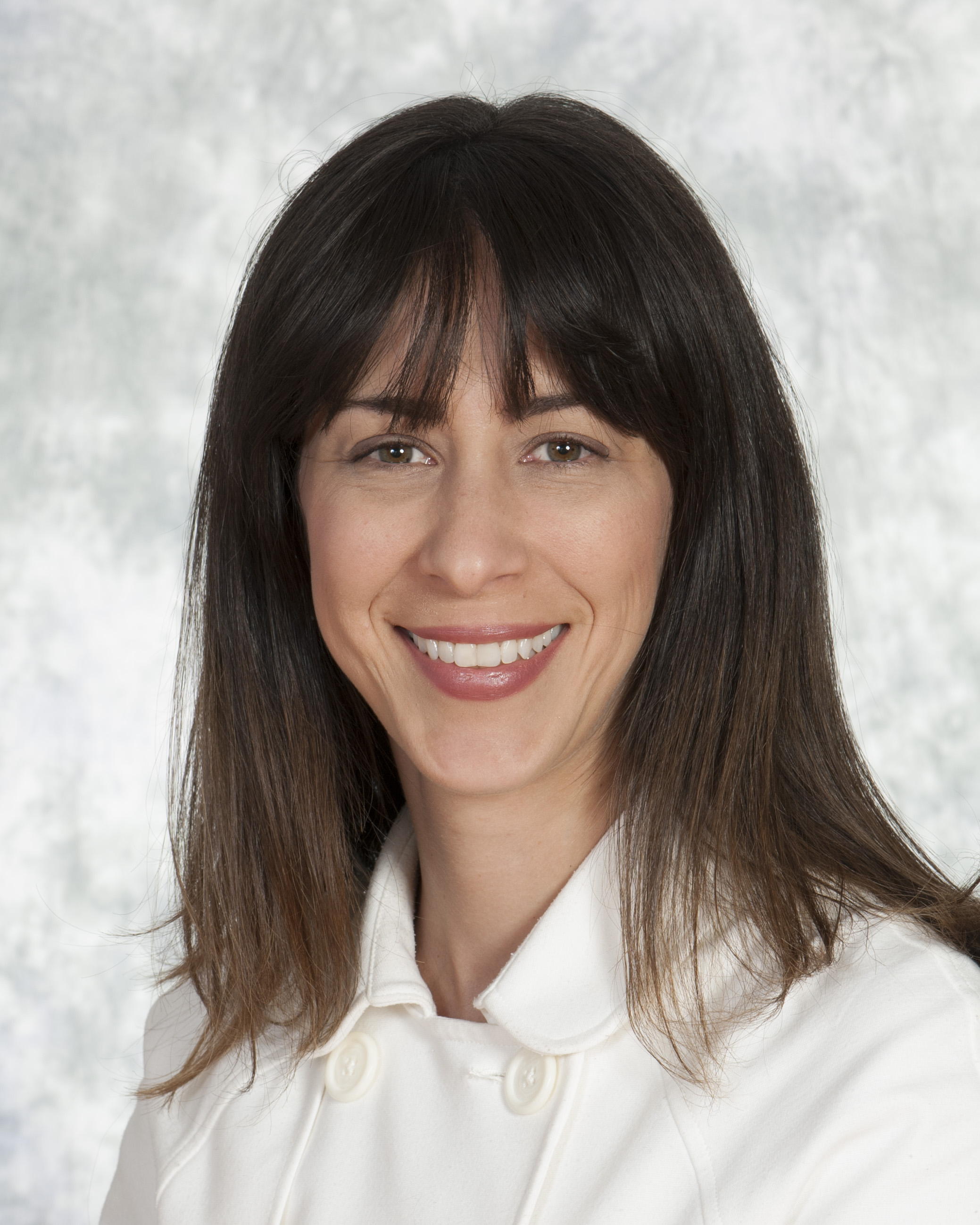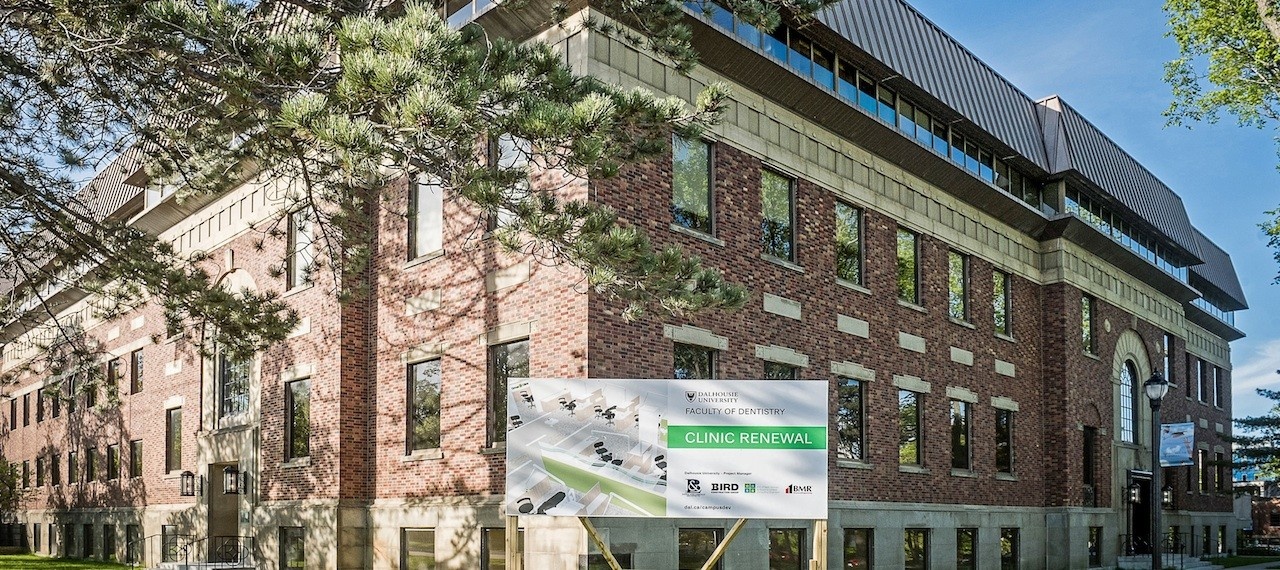
Dr. Isabel Mello, associate professor and division head of
endodontics in the Department of Dental Clinical Sciences
We posted this appeal for donations of natural teeth in August 2015. The need is still there. Please help us if you can!
Four out of five dentists agree that people are taking better care of their teeth these days.
OK, maybe we can’t prove that, but it would appear to be one of the key reasons behind a shortage of natural teeth available for student use.
During their endodontic training, each Dalhousie dentistry student needs about 10 natural teeth to work on. From these real-life examples, students learn about tooth anatomy, feel what it’s like to cut through a tooth, develop their dexterity, learn about access cavity preparation, cleaning and shaping and obturation, and gain experience in filling teeth.
Dr. Isabel Mello, associate professor and division head of endodontics in the Department of Dental Clinical Sciences, explains that there is a worldwide scarcity of natural teeth available for dental schools to use. “This is because people are taking care of their teeth better and newer techniques are enabling dentists to preserve the natural dentition.”
Artificial teeth are available and are used in endodontic teaching, but they do not offer the same properties as natural teeth. “Because getting natural teeth is such a challenge,” says Mello, “we are asking the dental community to help us. Dentists were once students and know how important this is. We need their support to be able to provide our students with a great learning experience.”
If you can help
Please store extracted teeth (with minimal/no restorations or caries) in diluted sodium hypochlorite (1:10) in a container with a lid, place in a sealed plastic bag, and deliver/send to: Dalhousie Dentistry Oral Surgery Department, Attn: Sue Murphy, 5981 University Avenue, PO Box 15000, Halifax, NS, B3H 4R2. For more information on storing the teeth, please see our protocol. [PDF 201KB]
Recent News
- 2025 J D McLean Lecture: Understanding accessibility
- A celebration of potential: 2025 Academic Awards
- Alumni Awards 2025: More awards, more to celebrate
- Those who stay and those who return: Part‑timers in the Faculty of Dentistry
- Kirk Preston: A belief in digital dentistry
- Bill and John Rector: Different paths to the same destination
- Meet new Senate chair: Dr. Sachin Seth
- Dean's Welcome Reception: Welcome to your future
